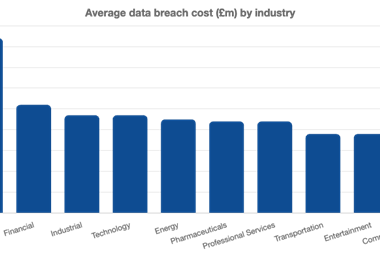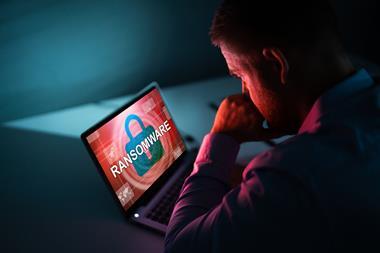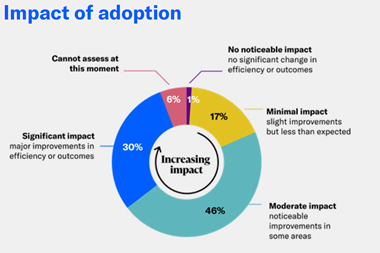McAfee says hunt for online criminals is further example of crack down on cyber criminal activity
A gang of online criminals which has hijacked the accounts of at least ten people and stolen hundreds of thousands of pounds is being hunted by an anti-fraud unit, reported the Times.
Responding to the security alert, Greg Day, security analyst at McAfee commented: ‘Todays news is a further example of the crack down on cyber criminal activity but the few cases that have been reported show that flagging online criminal activity is one thing, but the policing and prosecution processes are much more difficult.’
He continued: ‘Cyber criminals undertake a number of methods in order to reduce the chance of being tracked and undeniably linked to criminal activity. Often the criminals will carry out their work from Internet cafés, so unless there is absolute proof of who was using the system at the exact time the criminal activity was carried out then it becomes very hard to convict the criminal.’
Adding: ‘A technique used by cyber criminals in incidents such as this is to create a spoof personality. Often the personal checks when registering for payment systems such as PayPal are not very in-depth. This allows people to set up false accounts under an alias name, alternative address and (potentially) an illegal credit or debit card. If all of these were used this would significantly reduce any ties between the criminal and the crime.
‘The problem lies in that a user can almost avoid having any form of genuine online identification. Where as in the real world a person may have a drivers license, passport, national insurance number and finger prints, in the cyber world these checks do not exist to the same extent.’
‘Other methods online-fraudsters commonly use is to avoid large ‘hits’. By taking little and often some systems may allow these transactions to procees undetected or pinpointed as abnormal activity.’
‘By using these methods and carrying out attacks from public and regularly used systems, cyber criminals make it very difficult to be tracked and accredited with specific criminal acts.’
‘However, recent cases both in the US and the UK show that the policing of online criminal activity is ever-improving which is encouraging from both a consumer and an enterprise perspective.’

















No comments yet